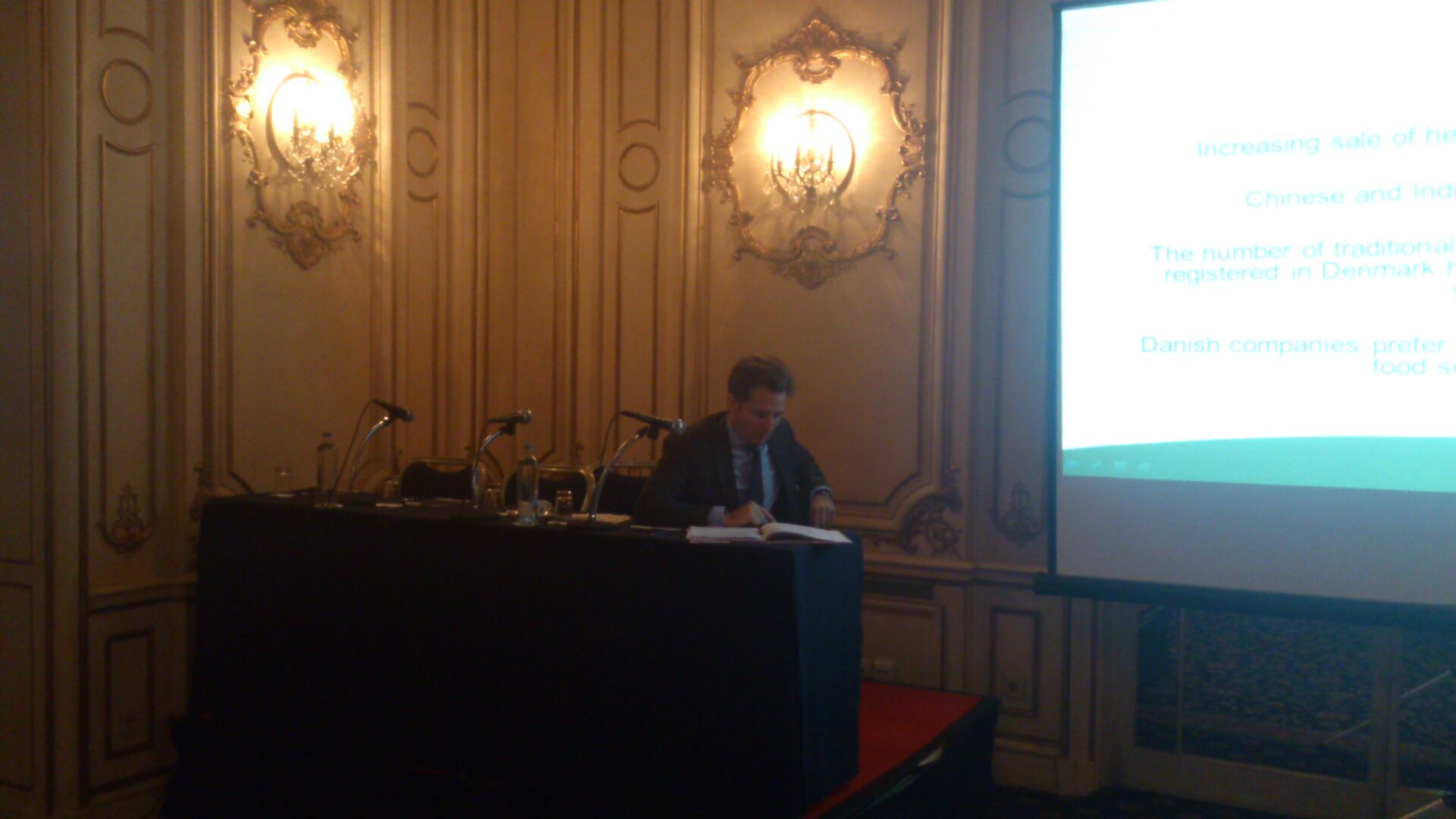“The intervention by the Dutch, Swedish and Austrian authorities showed us very clearly that they are applying very different criteria so in reality mutual recognition does not work effectively,” reflected Sebastian Romero Melchor, partner at K&L Gates and chairman of the EU Regulation for Food Supplements 2013 event.
Three delegates from the health and food ministries of the three countries called for further EU Food Supplements Directive (FSD) harmonisation around maximum permitted levels (MPLs) for nutrients, along with the kinds of substances that fell under the Directive outside of vitamins and minerals.
Without official EU direction, the member states, and others, were forced to follow their own national rules and abandon the mutual recognition principle.
“So for example, if a product has been marketed in another member state, which contains a substance that is not contemplated in their legislation, or with limits of vitamins and minerals that are above their own limits, they are not going to accept them.”
“They were very clear on that,” Romero Melchor said.
‘Other substances’
Substances like botanicals, fatty acids, probiotics and enzymes have not been harmonised under the FSD remit, creating further ground for member states to go their own way.
“They were clear that if they see a substance that is not provided for in their national legislation, they are going to conduct a so-called case-by-case assessment and not apply mutual recognition as in principle they should.”

The three delegates - Anita Laser Reutersward from the Swedish National Food Administration; Dr Amire Mahmood from the Austrian Federal Ministry of Health; and Inge Stoelhorst from the Dutch Ministry of Health – said government departments and agencies like theirs may need to more actively lobby EU institutions for change.
The problem was highlighted by Martina Simova, medical director at Czech supplements and pharma giant, Walmark. She spoke of the company’s dilemma in having to reformulate products to meet various member state requirements.
“This kind of thing is regrettable and should definitely be addressed,” Romero Melchor added.
Simova said Walmark had taken to adding nutrients with approved EU health claims like vitamin C to maintain its claims in various markets.
